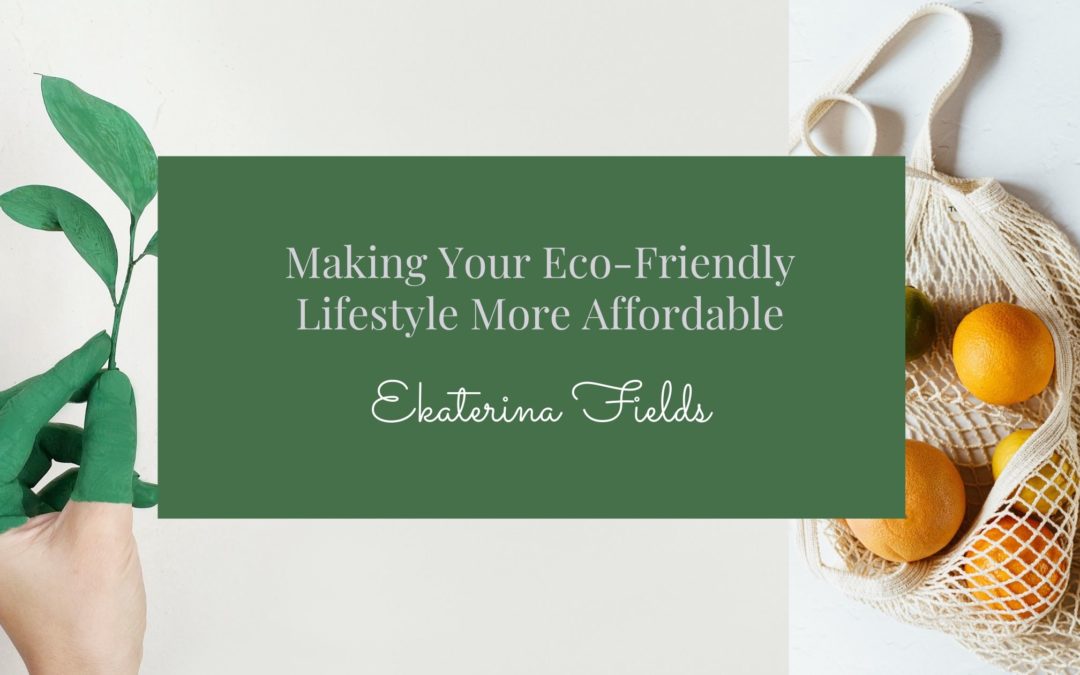Even knowing that our lifestyles can make a difference for the environment, going green can be an intimidating process. There’s this assumption that it will cost more, that it will be challenging and other concerns.
However, we cannot ignore the benefits of switching to a more eco-friendly lifestyle. Overall, those that make the change have healthier lives, help their community, save on energy, and of course, help the environment.
Recycle and Upcycle More
One of the first steps one should take when trying to become more eco-friendly is getting into the habit of recycling. When people think of recycling, they tend to think of paper and plastic – and nothing else.
While recycling those products is undoubtedly essential, other things can be done as well. Food and scraps can be composted, while other items can be donated or upcycled, depending on their condition. There are hundreds of ideas and guides available online to help newcomers along.
Use What You Have
An easy mistake to make when transitioning to an eco-friendly lifestyle is replacing everything with the friendlier alternative. At a glance, this sounds like an excellent idea. However, one first must use up what is already available. It’s all about reducing waste.
Use the cleaners that have already been purchased. Don’t run out and buy new ones right away. Don’t forget about things such as makeup, home décor, and countless other items. Alternatively, these items can be given away (or donated) if their use is a concern.
Ditch Single-Use Plastics
Another easy change to make is finding alternatives to single-use plastics. Often, these alternatives are less expensive in the long run, so it is financially beneficial as well. For example, buy reusable (glass or metal) straws, reusable coffee cups/lids, cutlery, and takeout containers.
Eco-Friendly Products
Removing the use of single-use plastics in the home is a huge first step. It’s even possible to go further with this step. It’s easy to replace disposable razors with more environmentally friendly versions. There are even eco-friendly alternatives for Q-Tips and face cloths.
Bamboo is an excellent replacement for many paper-based items, such as tissue paper, cloths, and even toilet paper. Best of all, it doesn’t end up costing the user any extra. Companies like Grove sell countless eco-friendly alternatives while having a plastic neutral stance. That is to say, for every item that is wrapped in plastic packaging, the company will collect the same amount of plastic from the environment.
